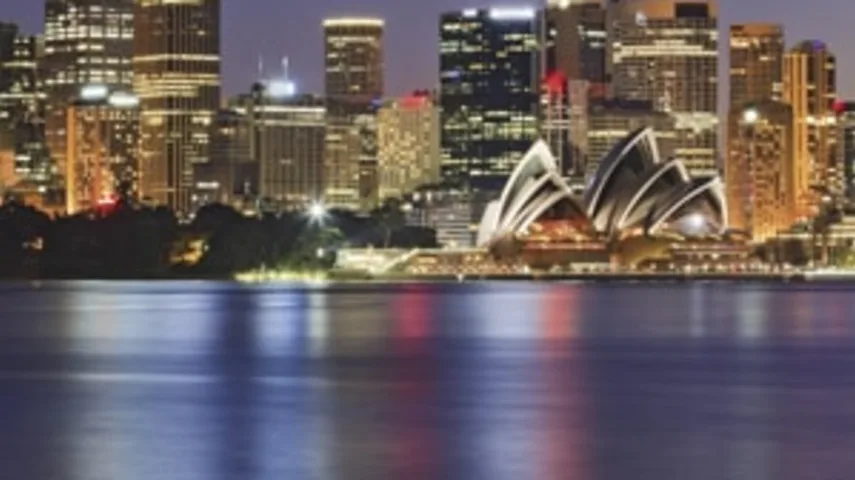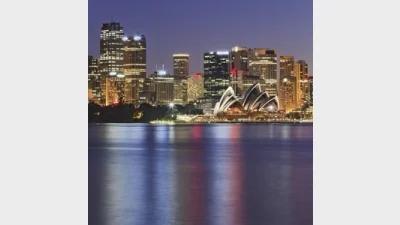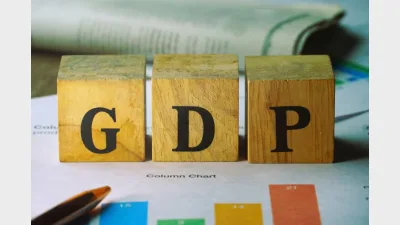First State Super holding ICC Sydney sees $896m in visitor expenditure



The International Convention Centre Sydney, a holding of First State Super, has seen $896 million in visitor expenditure in the 2019 financial year as a result of hosting nearly 700 events.
The site, which is 45 per cent owned by First State Super, welcomed 1.4 million delegates over the year with 75 per cent of the expenditure by delegates and patrons coming from interstate and international visitors. Some 671 events were held during the year and 5,790 jobs created according to the site’s financial results.
The superannuation fund also secured the naming rights to the First State Super Theatre, an 8,000 seat entertainment venue within the complex which had already hosted over 130 events. It also funded the development of Darling Square, Barangaroo and the Sydney Light Rail network.
First State Super chief executive, Deanne Stewart, said: “We want our members to know that their retirement savings are being put to work, earning a return for them and at the same time creating thousands of jobs and delivering value for the community.
“Because we invest for the long term, we can support the development of important infrastructure that delivers tangible community benefits now and sustainable financial benefits for our members in the future.”
“Investment partners like First State Super play a very important role supporting the development of major infrastructure projects that improve services and create jobs and prosperity for the people of New South Wales,” added NSW Treasurer Dominic Perrottet.
Recommended for you
Superannuation industry bodies have warned the prudential regulator that some of the more rigid proposals in its Governa...
IFM has firmly opposed any push for publicly disclosing current valuations of private market assets, saying it would “damage the financial interests of investors” and reduce appetite for infrastructure and private business investment.
Subdued GDP figures have bolstered expectations that the RBA could cut rates sooner and, possibly more aggressively, market watchers say.
Australian institutional investors plan to keep their finger on the pulse of private markets, new data has shown, with local investors aiming to further expand allocations into the sector.










